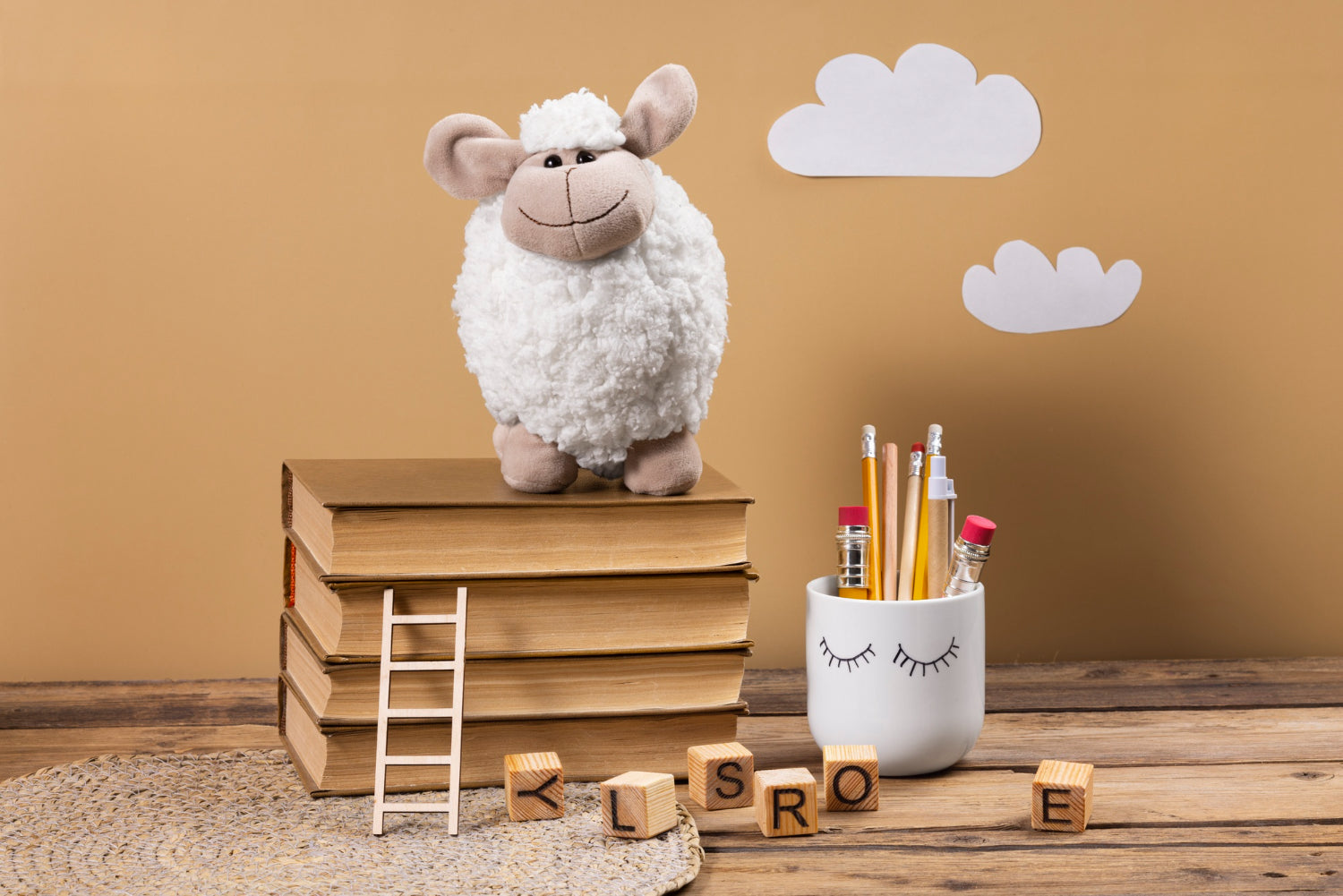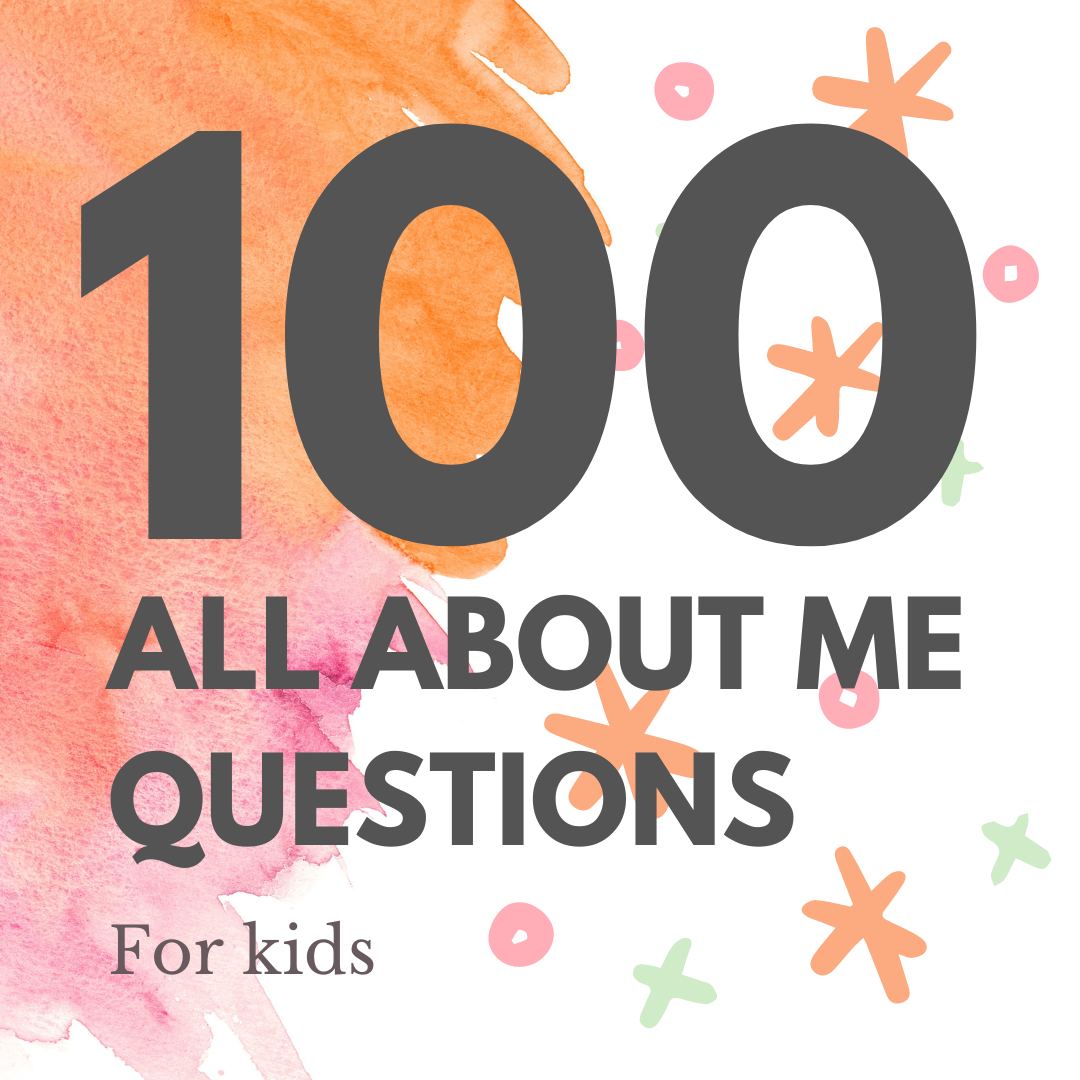The Montessori method has become increasingly popular for educating children from birth through adolescence. Developed over 100 years ago by the first female physician in Italy, Dr. Maria Montessori, this child-centered approach is now implemented all over the world.
As more parents discover the Montessori method for early learning environments, many wish to continue the Montessori way of life at home. This allows children to further benefit from the core principles outlined by Dr. Montessori herself. If you’re intrigued by Montessori practices and want to implement them into your household, read on for a comprehensive parenting guide.
Montessori Method Fundamentals
Respect for the Child
The cornerstone of Montessori parenting is respect. This includes speaking courteously, fostering independence, allowing freedom of choice, observing before correcting, and giving access to activities that cultivate concentration and coordination. The home must be centered around the child, tailored to their sensitive developmental stages. Montessori guides always treat children with dignity to support self-esteem and autonomy.
Prepared Environments
For successful child-led learning, Montessori advises setting up special activity spaces in the home. Known as “prepared environments,” order and organization are key as they allow kids to choose their works freely. Shelves, cupboards and drawers should display only one or two examples of each toy, book on Montessori bookshelf, puzzle etc. Having too many choices proves overwhelming, so simplified access is preferred. Prepared spaces also limit distractions to encourage concentration and mastery.
Sensitive Periods
Montessori identified key windows of opportunity when a child’s interest and abilities are at their peak for learning particular skills. These “sensitive periods” start and end at differing times, which is why observation is so critical—parents can then prepare activities during the optimal developmental stage. Common sensitive periods include order (organizing one’s environment), movement (gross motor control), language, senses (visual, tactile, auditory experiences) and social interactions. Understanding these fleeting periods helps inform parenting decisions.
Montessori From Infancy (0-3 Years)
Newborns
As soon as baby enters the home, speak gently, move smoothly and make eye contact when holding or feeding. Keep stimulation level low by limiting unnecessary noises and bright lights. Provide ample time for sleep. Help develop coordination by ensuring freedom of movement during awake periods—avoid excess time in devices like swings, bouncers or playpens.
Transition Times
When bringing baby home from the hospital or moving them into their own room, maintain consistency with textures, temperatures, noises, lighting etc. Keep transitions gradual as these completely new environments can overwhelm infants’ sensitive developing senses. The same goes for changes in feeding, sleeping and waking routines.
Setting Up The Nursery
Essential Montessori nursery items include:
- Montessori floor bed surrounded by breathable mesh railing or placed next to parent bed for room-sharing
- Soft neutral tones on walls/textiles
- Mobile mirror and unbreakable floor mirror
- Grasping toys like rattles, teether keys, cloth books
- Low open bins/baskets to access safe toys
- Nature sounds machine
Avoid bold stimulating colors, clutter, screen media devices and restrictive furniture like cribs. Rooming-in during the first year fosters secure attachment and simplicity promotes uninterrupted sleep.
Infant Freedom Around 3-4 months, freedom of movement cultivates motor skills. When awake and supervised, provide daily floor time rotating through grasping toys, soft blocks, activity gyms and play mats. Cloth diapering enables leg mobility and sensory experience. Crawling then walking paves neural pathways for later concentration plus eye/hand coordination. Avoid excess time in containers like swings, bouncers or playpens.
Language Development Through naming objects, describing environments and singing songs, parents grow baby’s receptive and expressive language. Respond consistently when infant coos, babbles or cries to demonstrate cause-and-effect sound relationships. Read simple,repetitive board books aloud and talk through your daily activities. Early exposure to varied words, sounds and communication styles builds linguistic intelligence.
The Montessori Toddler (18 months – 3 years)
Fostering Independence
As walking skills progress, toddlers yearn to do more themselves which is a sensitive period for developing independence. Montessori parents can assist by childproofing the home, setting clear limits (“yes spaces” versus “no zones”) then showing how to properly use child-sized versions of household items. Toddler-friendly learning tools include:
- Toy broom, mop, duster
- Plates, cups, bowls, utensils
- Small pitchers for pouring liquids
- Step stool for bathroom sink
- Cloth wipes, nose spray, face wash etc.
- Wardrobe with accessible clothing bins
Resist over-assisting; let challenges run their course. Instead, model actions and share simple language like “you can reach” and “keep trying.” Independence builds confidence plus life skills.
Language Immersion
To feed a toddler’s linguistic explosion (ocabulary jumps from 100 to 1,000 words), create word-rich environments. Sing songs, read stories (let child turn pages), engage with rhyming games, name everyday objects and narrate your activities aloud. Toddlers learn best through experiential, multi-sensory language input. Exposing little ones to the natural music of speech shapes verbal expression, phonological awareness and narrative abilities.
Play-Based Learning
Set up distinct learning areas like art, sensory, book nooks etc. Maintain uncluttered shelves/baskets of open-ended toys to spark the imagination—some go-to items include play dough, peg boards, nesting toys, nature specimens, sound shakers, object matching materials. Rotate carefully to refresh interest and prevent boredom. Allow plenty of time for play; don’t over-schedule structured activities. Child-initiated play aids self-construction across all developmental domains.
Practical Life Exercises
These purposeful activities assist the toddler’s need to imitate grown-up tasks through repetitive process. Folding laundry, dusting furniture, sweeping floors and setting the table boost coordination, concentration, responsibility and self-esteem. Maintain child-sized versions of household items to foster independence in daily living habits. Water plants, tidy toys or pour snacks from a little pitcher—find opportunities to make children active members of the home environment. Practical life exercises build conscientious contributors.
Parenting with Peace
Trust yourself and remain consistent yet flexible. Extend gentle parenting methods like reflective communication, collaborative problem-solving and positive reinforcement. Avoid power struggles and parental anger flare ups. Process intense emotions first so responses come from the best place. Follow the child’s sensitive stages, not expected timelines. Monitor closer when introducing new perspectives but allow overall freedom. Through peaceful presence and conscious responding, parents become compassionate guides.
The Montessori Preschooler (3-6 years)
Encouraging Concentration & Coordination Around age 3 enters a sensitive period for refining concentration, movement and sense perceptions. Montessori environments cater learning materials and activities specially to this developmental stage. At home, parents can foster concentration and coordination through:
- Consistent spaces for reading, art, music, sensory play
- Materials that isolate specific skills – puzzle maps, pattern blocks
- Devices that develop fine motor control – tweezers, droppers
- Open-ended toys like magna-tiles, Legos, kalidoscope
- Outdoor time daily; child-led movement exploration
Limit screen time and simplify toy options to prevent overstimulation. Allow child to repeat activity on their own timing until mastery is met. Model full attention when interacting.
Fostering Early Literacy
Build literacy skills with these Montessori techniques:
Sandpaper Letters: Trace sand letters while saying corresponding sounds
Movable Alphabet: Form words using cutout letters
Picture Words: Match image cards to printed vocabulary
Listening Games: Seek and discuss specific sounds at home and in nature
Shared Reading: Dialogue around narrative details; follow child’s interests
Writing Practice: Offer thick pencils, chalk, markers to freely draw, trace, scribble
Oral Storytelling: Share family tales; encourage imaginative plotlines
Library Visits: Let child engage books of choice; model reading enjoyment
Grounding Early Numeracy
Montessori math materials isolate specific skills. At home, enable counting, sorting, matching and exploring numbers through:
Counting Collections: Count common object groupings (3 cars, 5 flowers). Make numerous combinations.
The Number Rods: Graduated blocks represent 1 through 10. Match numerals to lengths.
Spindle Boxes: contains different small items to count, sort into trays by category
Scales & Balances: Compare relative weights, explore measurement system
Pegged Boards & Number Puzzles: Count holes/spaces, match correct number piece
Dot Board: Form numerical patterns by placing items onto grid of dots
Sandpaper Numbers: Trace numerals while saying number names and quantities
Mathematical language naturally bridges concrete tools to numeral recognition to abstract operations for meaningful memorization of essential math concepts.
Modeling Grace & Courtesy
A signature aspect of Montessori programs is its peaceful community built through lessons on grace, courtesy and conflict resolution. Implement at home through:
- Pleasant greeting upon entering rooms
- Formal dining with proper utensil usage and manners
- Expressing gratitude, receiving guests warmly
- Taking care when handling living/non-living items
- Mindful tone, posture and social awareness
- Employing peaceful talk for community building circle
- Restorative justice via compassionate communication
These lifelong social skills nurture virtuous character and demonstrate moral grounding begins in childhood.
Exploring the Cosmic Curriculum
Montessori environments interweave mini lessons across academic domains plus bigger concepts that tie into science and global citizenship. At home:
Botany: Classify leaf shapes; label plant parts; garden care
Zoology: Sort animal attributes; discuss habitats; create food chains
Geography: Identify continents, countries flags, landmarks; embrace cultural diversity
Earth Science: Categorize matter (living/non-); float/sink concepts; water cycle
Peace Studies: Kindness building; resolving disagreements
These integrated studies align learning to real world preparation and responsible ecological membership.
Montessori in the Elementary Years
Cosmic Education Dr. Montessori realized as children’s concrete thinking shifts toward abstract around age 6, curriculum must embrace grander visions that unlock principles of how the universe functions. This “cosmic education” aims to situate all academic domains into meaningful knowledge of Earth’s origins and our collective responsibility. Elementary children have sensitive imagination and mentality for moral tales plus lessons on interdependence. Weave in:
- How Sun fuels life
- Development across lifeforms
- Forces that shape geological formations
- Human progress across eras
- Interconnectedness of global ecosystems
Going Out Experiences Continue cultivating curiosity through multi-sensory exploration of wider communities:
- Frequent nature observation
- Garden/habitat design
- Farm field trips
- Factory behind-scenes
- Cultural museum visits
- Experiential market shopping
- Cooking regional cuisine
- Festivals, holidays, seasons
These outings bridge classroom content to real world application. Allow child to pick locations matching their current study interests.
Independence in Learning
Around age 6, children become capable of directing their learning through self-initiated research. Guide through asking open-ended questions, modelling immersive study tactics, providing resources and allowing time for curiosity pursuing. Have reference books, family computer access, writing/drawing implements and scientific specimen supplies on hand for investigation. Check local event listings for free workshops, hobby meet-ups or summer programs to deepen exposure to topics of interest. Provide coaching only when requested by child. Foster self-discipline and active study skills.
The Prepared Home Environment
As elementary aged kids spend more time on schoolwork, maintain ordered spaces for different activity zones:
- Reading nook with literature choices
- Craft area with rotating creative options
- Table for writing/ math worksheets
- Accessible science experiment tools
- Nature items, maps, artifacts sparking engagement
- Models inviting careful handling
Students thrive when home supports school learning. Display quality curriculum work to value effort and growth. Schedule consistent times for lesson practice balancing household contributions.
Benefits of Montessori Parenting
Now that you have a thorough overview of Montessori techniques across developmental stages, let’s recap some of the big advantages this unique parenting approach provides children.
Independence Freedom to develop mastery of tasks, care for self and control own schedule bolsters capable, responsible mindsets.
Focus Uninterrupted work time and orderly spaces allow sustained attention spans crucial for academic success.
Creativity
Minimally-structured toys spark imaginative solo/collaborative play essential for innovative thinking.
Confidence Respectful communication models positive self-worth so kids carry themselves with assurance.
Leadership In mixed age groups, older role models demonstrate work then mentor lessons. Younger ones lead their own progress through advanced activities as they choose. Both positions build leadership qualities.
Problem-Solving Abilities
Hands-on materials allow manipulation of variables while controlled studies boost analytic reasoning vital for overcoming challenges.
Self-Discipline Through consistent routines and expectations synchronizing around the child’s rhythms, internal self-regulation and impulse control strengthens.
Joyful Learning When academic domains directly connect to personal interests within thoughtfully-prepared environments, natural curiosity blossoms into engaged, gratifying discovery.
The Montessori method remains centered around respect for each child’s sensitive stages of growth. By following the developmental journey with carefully-considered parenting approaches, the child’s emerging independence, focus, confidence, leadership and academic potential can all flourish.
Final words about Montessori Parenting
In an increasingly hurried and overstimulated world, Montessori parenting offers a mindful approach to keeping things simple, organized andchild-focused. By implementing these methods starting infancy across the developmental continuum, parents set up little ones for success through each transition into adolescence and beyond.
Trust in the children – this is the core Montessori motto. When provided developmentally-appropriate freedoms within thoughtfully prepared spaces, kids demonstrate astounding capabilities. Release restrictive timetables and top-down dictated lessons. Through patient observation and intuitive responding, guide your child as they blossom into intensely driven, curious learners equipped with all the skills to confidently take on life’s boundless adventures.
That concludes this comprehensive guide on Montessori parenting approaches for ages 0-12. Hopefully you feel informed, inspired and ready to start integrating applicable concepts into your own household. Always begin with small consistent changes, then allow practices to organically shape the home environment.soon you’ll notice incredible transformations occur when the child gets to lead their unfolding journey while parents tune in and follow their natural course.





Share:
How to Start a Montessori School?
Understanding the Montessori Philosophy